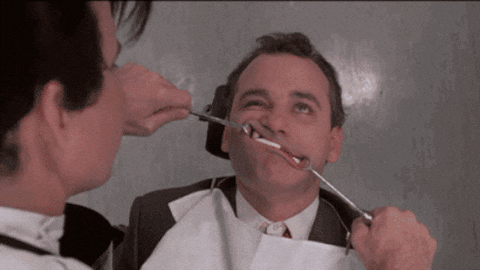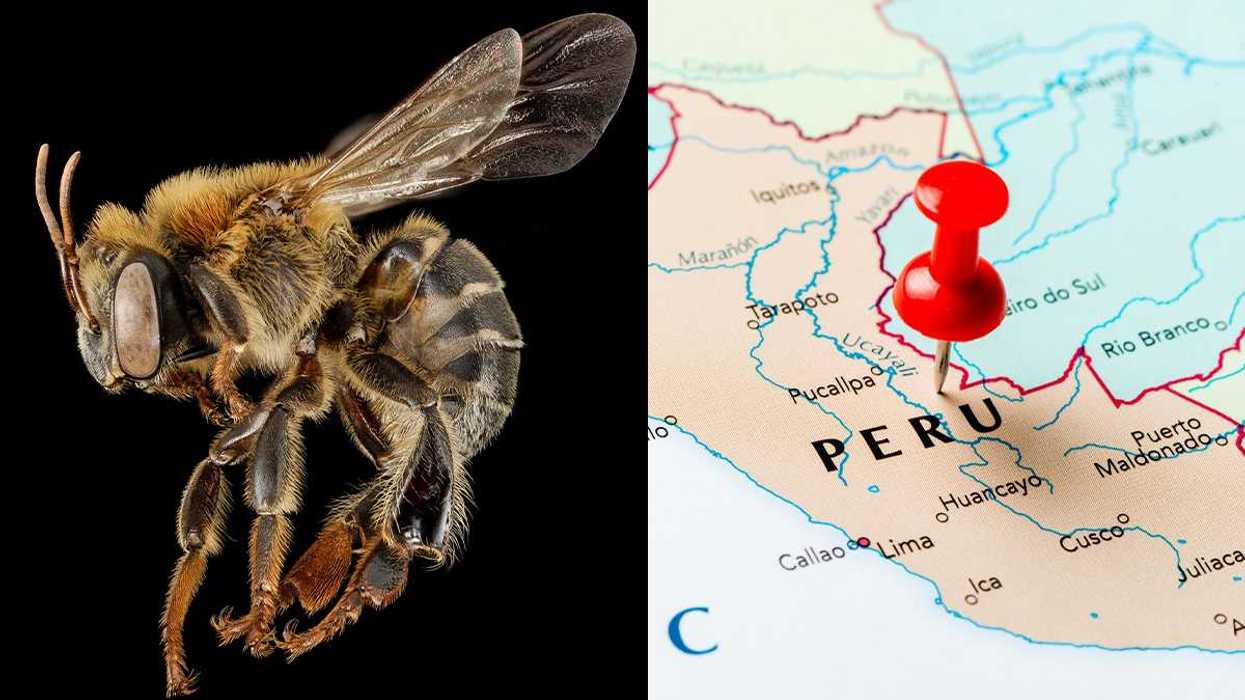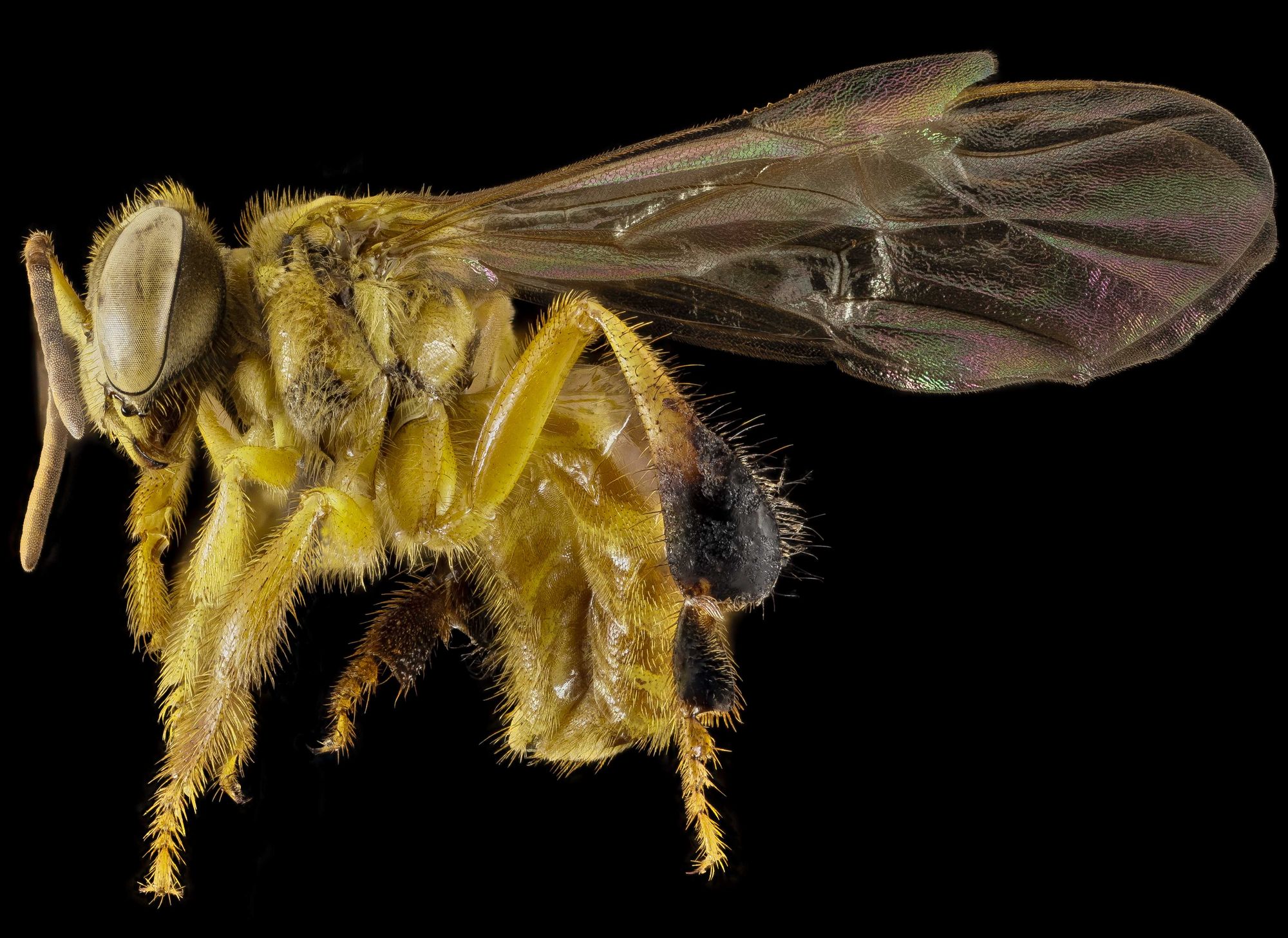Growing up can be tough. Between school, parental pressure, raging adolescent hormones, and trying to fit in, young people often feel overwhelmed and unable to cope. In the last few years, suicide surpassed homicide to become the second leading cause of death for teenagers, and its rise has been felt across nearly every demographic, especially women and girls. While there are a myriad of factors that lead a person to take their own life, there’s one group that’s having an even tougher time than their peers: LGBTQ youth.
“Gay, lesbian, and bisexual young people are almost five times as likely to attempt suicide as their straight peers,” says Amit Paley, chief executive officer and executive director of The Trevor Project, an organization that provides crisis intervention and suicide prevention services to LGBTQ people under 25.
“Unfortunately, they don't have great data on suicide rates for transgender and gender nonconforming for young people, but there are some studies that show almost half of them have attempted suicide at some point in their lives,” he says.
[quote position="left" is_quote="true"]Gay, lesbian, and bisexual young people are almost five times as likely to attempt suicide as their straight peers.[/quote]
While suicide rates have been on the rise for LGBTQ youth, Paley says the contentious political climate has prompted even more young people to consider the option and reach out to his group for help. This year, The Trevor Project is on track to serve 75,000 young LGBTQ people across its text, phone, and online messaging channels. And while the organization normally raises between $6 million and $7 million annually, since the 2016 election cycle The Trevor Project has received more than $9 million in donations.
“It's a really critical issue for LGBTQ young people, and it's even more pressing and alarming in the current political climate,” explains Paley.
Recently, I spoke with the former reporter about The Trevor Project’s suicide prevention work, political advocacy, and how we can all be better allies.
Before running The Trevor Project you were a journalist and you also a volunteered on The Trevor Lifeline for six years. What sparked your passion for this work in the beginning?
I first got involved in The Trevor Project in 2011. There was a spate of very well publicized suicides of LGBTQ youth and it hit me in a very emotional way and really made me realize that I needed to do more. The reason that I picked The Trevor Project is there are a lot of organizations that are doing amazing work, but what was so incredible about Trevor was that as a volunteer, I could actually come in and in the course of a few hours help them literally save lives of young people.
I’ve had a few peers commit suicide and after it happened, people were always shocked and felt guilty about missing the signs. What are some of the things people call and text The Trevor Project about?
There are many different reasons that someone might be considering suicide and for people who are friends or family and allies, the most important thing is really to make sure that you are constantly being a support for people in your life and be there as a source of support when people are asking for help.
So you want to make sure that every young person, especially LGBTQ young people, know that it's not only okay to ask for help, but it's brave to ask for help, and that if they are in a place in their life where they need someone to talk to, they should feel comfortable doing that with people in their own life, but they should also know that The Trevor Project is here for them 24/7.
I know The Trevor Project is in the process of expanding its digital services. How helpful has having text messaging and chat services been so far?
It is getting critically important to have chat and text support available as another form of crisis service. Young people today prefer digital channels in many cases and every young person is unique, so there are going to be some people who prefer chat. There's some people who will prefer text. Some people who will prefer the phone. Some people who will prefer interacting on Facebook messenger. Some people who will prefer TrevorSpace, which is the world's largest social networking site for LGBTQ youth.
It's really important that we ensure we are meeting young people wherever they are, and we know that young people today are frequently in needing different digital modes. That's why we're so focused on increasing the types of crisis services that we provide and ensure that we're extending our chat type service to be 24 hours a day, 7 days a week so that we are always there for LGBTQ youth in crisis in whatever form anytime.
In addition to suicide prevention, The Trevor Project also does advocacy work around LGBTQ issues. How has your work adapted to this particular time that we're living in?
There's been an increased need for the work that we're doing, especially in the past year. The day after the presidential election last fall, our call volume more than doubled in the 24 hour period of time, and we continue to see spikes of young people reaching out to us whenever there is an anti-LGBTQ policy from this administration or hateful piece of rhetoric.
One thing that's changed is just a lot more young people are reaching out to us, and we needed to increase our service capacity in order to serve them. Another thing is we're really very data-driven and we're very focused on making sure that we're using data that we have to advocate on behalf of LGBTQ youth.
To give you one example, this summer in Texas — when there were several bills being introduced that would have prohibited trans or gender nonconforming people from using the restroom that corresponds with their gender identity — we saw an immediate spike of young people reaching out to us from Texas. So we've released that data and it was used in the advocacy debate in Texas and was one of the things we've used to help defeat those bills.
When the president tweeted early in December that transgender people would be banned from the military, we saw a spike of trans people reaching out to us from across the country, and we used that data in an amicus brief that we filed in the court case to strike down that ban. When a federal judge did, in fact, strike down the ban she cited our amicus brief three times.
So we are really focused on making sure that we are lifting up the voices of the LGBTQ youth that we're serving, not just in terms of hearing their voices and stories, but also in using data to help fight for policies that help them and fight to end policies that hurt them.
You mentioned that since the election The Trevor Project has had a higher volume of people reaching out for help. Is it a combination of people feeling unsafe about the current political rhetoric and are fearful about the climate, or is the climate making them feel more hopeless and less positive about living?
It's all of the above. There's no one reason LGBTQ youth reach out to us. Since the election, a number of young people feel hopeless or worried or scared. That’s why it's important we have The Trevor Project, because when they're feeling that way — depending on who they are and where they are — they might not have someone to talk to about what they're going through, and that's what we are.
[quote position="full" is_quote="true"]Conversion therapy is a completely discredited and dangerous practice of trying to change someone's sexual orientation or gender identity. It is wrong.[/quote]
Has The Trevor Project’s advocacy and policy work changed since the 2016 presidential election?
We're still focusing on the same types of issues, but we’ve become reactive rather than just being proactive. Right now there are a lot of policies that LGBTQ youth have become accustomed to that are under attack and people are trying to roll back some of those rights. So part of what we're doing is trying to defend those policies. A good example is access to restrooms.
Another cause that we're spending a lot of time fighting for is to end conversion therapy. Conversion therapy is a completely discredited and dangerous practice of trying to change someone's sexual orientation or gender identity. It is wrong. It does not work. It is dangerous and every major medical group says it is wrong, and yet today, it is still legal in 41 states in this country including states that people think of as very liberal like New York state. In fact New York City only banned it [in November] so it's practiced and a lot of people are not even aware it's occurring.
There are so many things, like the pervasiveness of conversion therapy, those of us outside of the LGBT community don’t know about. So how can we best support our friends and family and community members are are part of the LGBTQ community?
There are a number of things allies can do. First and foremost is to speak out against the policies and make sure that you're being a force and a voice supporting LGBTQ young people. That sort of affirmation, validation, and voice of support can be really powerful to a lot of young people.
The second thing that people can do is to volunteer. If people go to our website, thetrevorproject.org, there are opportunities to volunteer on both our phone chat and text crisis services and also to volunteer with our advocacy effort fighting conversion therapy in every state in this country.
Lastly, all this work requires a lot of financial support. People who may be too busy to volunteer can donate on our website and every amount makes a difference and that allows us to continue our lifesaving work.

















 A collection of toilet paper rollsCanva
A collection of toilet paper rollsCanva A bidet next to a toiletCanva
A bidet next to a toiletCanva A cute pig looks at the cameraCanva
A cute pig looks at the cameraCanva A gif of Bill Murray at the dentist via
A gif of Bill Murray at the dentist via  A woman scrolls on her phoneCanva
A woman scrolls on her phoneCanva
 A confident woman gives a speech in front of a large crowdCanva
A confident woman gives a speech in front of a large crowdCanva
 The 'weird' car ceiling handle above the windowCanva
The 'weird' car ceiling handle above the windowCanva A gif of a dog and cat screaming in a car via
A gif of a dog and cat screaming in a car via 

 Creativity and innovation are both likely to become increasingly important for young people entering the workplace, especially as AI continues to grow.
Creativity and innovation are both likely to become increasingly important for young people entering the workplace, especially as AI continues to grow.

 Peru stingless bee.USGS Bee Inventory and Monitoring Lab/
Peru stingless bee.USGS Bee Inventory and Monitoring Lab/  Indigenous Peruvian people.Photo credit
Indigenous Peruvian people.Photo credit